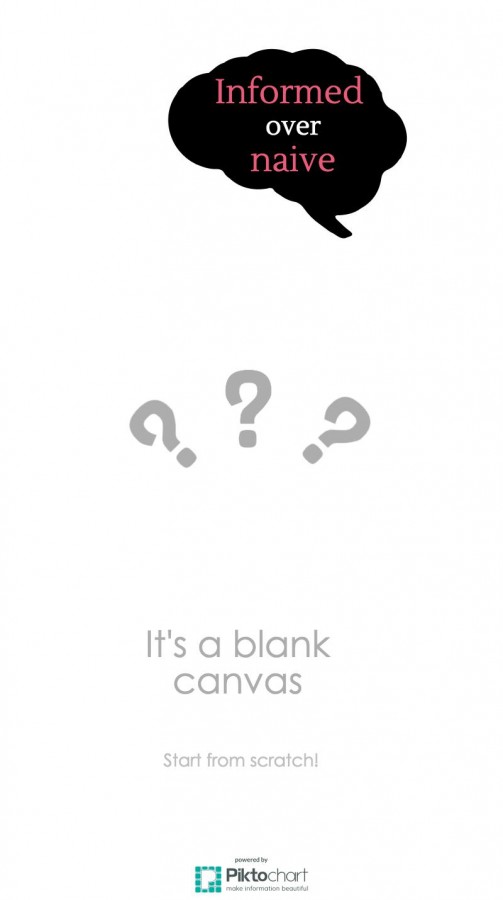EDITORIAL: Speak your informed mind
February 2, 2016
Discussions of world and local news can be heard throughout the hallways. People have thoughts to share with one another on a wide range of topics- judgements of presidential candidates, the strife in Syria, and even local issues, like parking permits or grading systems. It can be tempting to jump into a conversation with little to no knowledge of the subject, but without information, the conversation is rendered fruitless. Although it is important to discuss what is happening in the world, it is best to stay silent on a topic until you have sufficiently researched it.
Lacking a base of background information on a subject not only hinders the argument, but perpetuates ignorance and naivety. In addition to proper investigation, one must be selective and prudent when listening to sources; don’t believe everything you hear. When tales are told in place of well-informed opinions, productive conversation ceases to exist. What use is debating if what’s being argued is fictional?
To maintain the flow of accurate information, and therefore valid ideas and opinions, it’s critical that the knowledge brought to the table is correct. Scout out reliable sources, like the British Broadcasting Corporation, The New York Times, or the Worcester Telegram. However, bear in mind that these sources harbor political bias themselves. Make sure to explore different takes on the same view. For instance, when reading up on political issues, find information from publications with conservative, liberal, Republican, and Democratic biases alike.
By incorporating varied sources, conversations will be more authentic and valid. Since many publications retell events with bias, primary sources are important to utilize. Primary sources will provide a first hand account of an event or viewpoint that can give you the facts with limited bias. For example, when researching presidential candidates visit the candidate’s website to find out what they stand for, then search for opposing viewpoints to understand what their stance on a topic is. Or if an expert is referenced in a news story, look into their views on the topic to further explore what their opinions are, and therefore how they influence the story itself.
Conversations both inside and outside the classroom can be more intelligent and candid simply by using the ample sources of information around us- in books, magazines, television, and online. If you haven’t educated yourself on the topic, remember this: being the loudest does not always get you the farthest. Fact check and collect as much information as you can regarding subjects that interest you. Rather than focusing on the win of the debate, we must set an objective to better understand the world around us, so that we can stop arguing and reach a common ground.
The unsigned editorial reflects the views of The Editorial Board.









